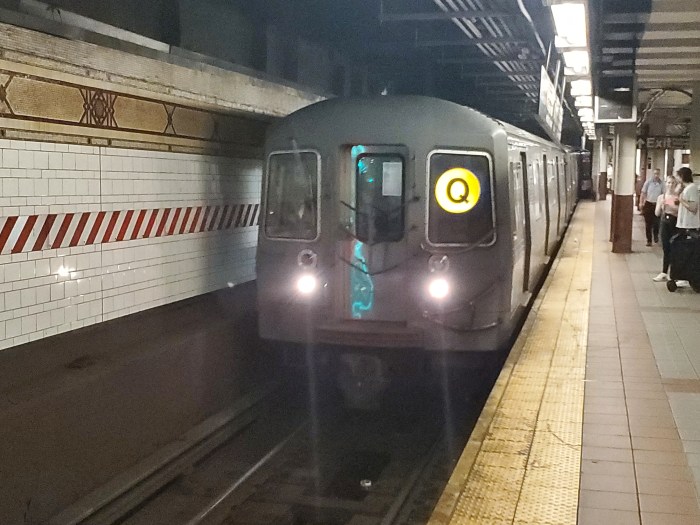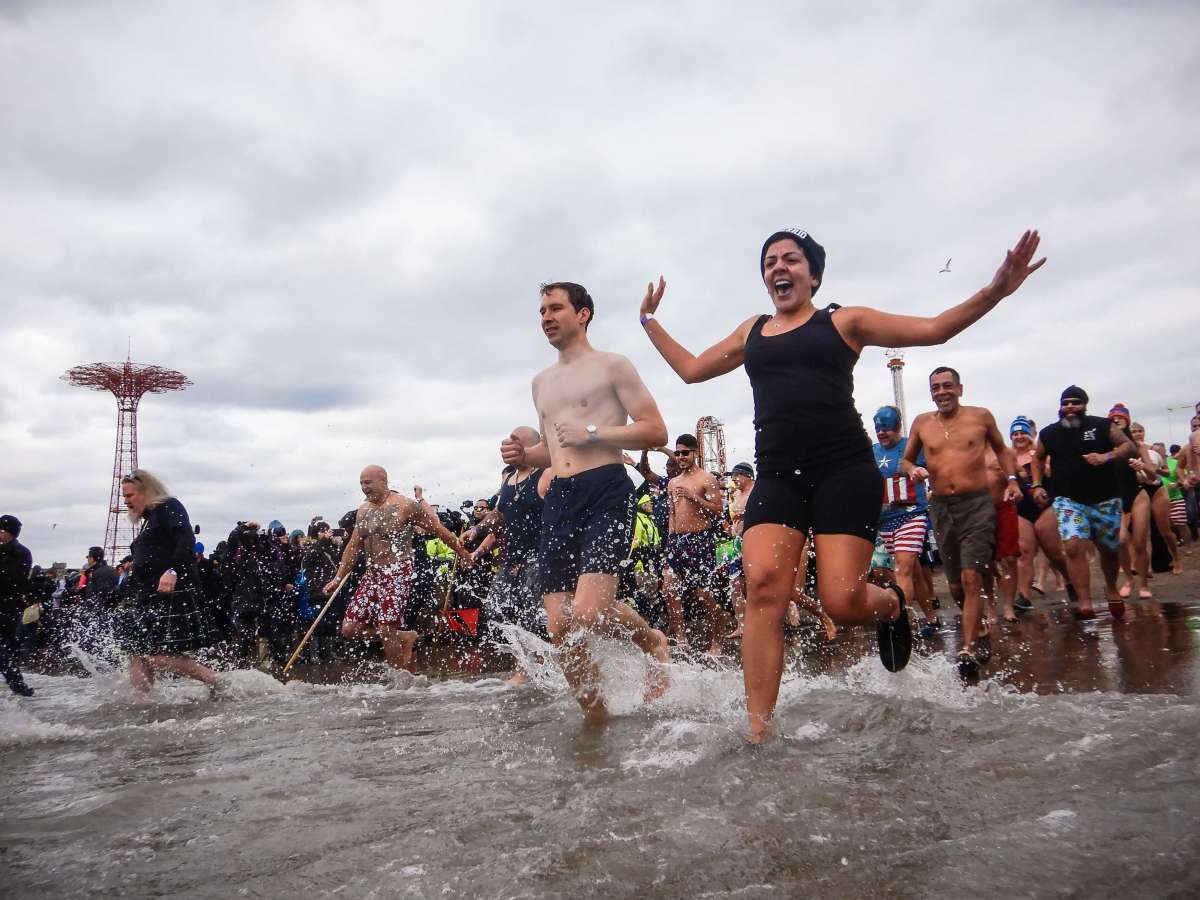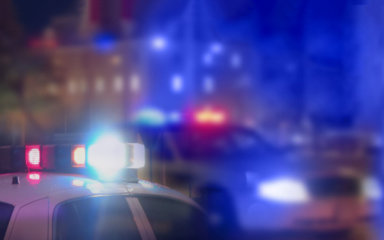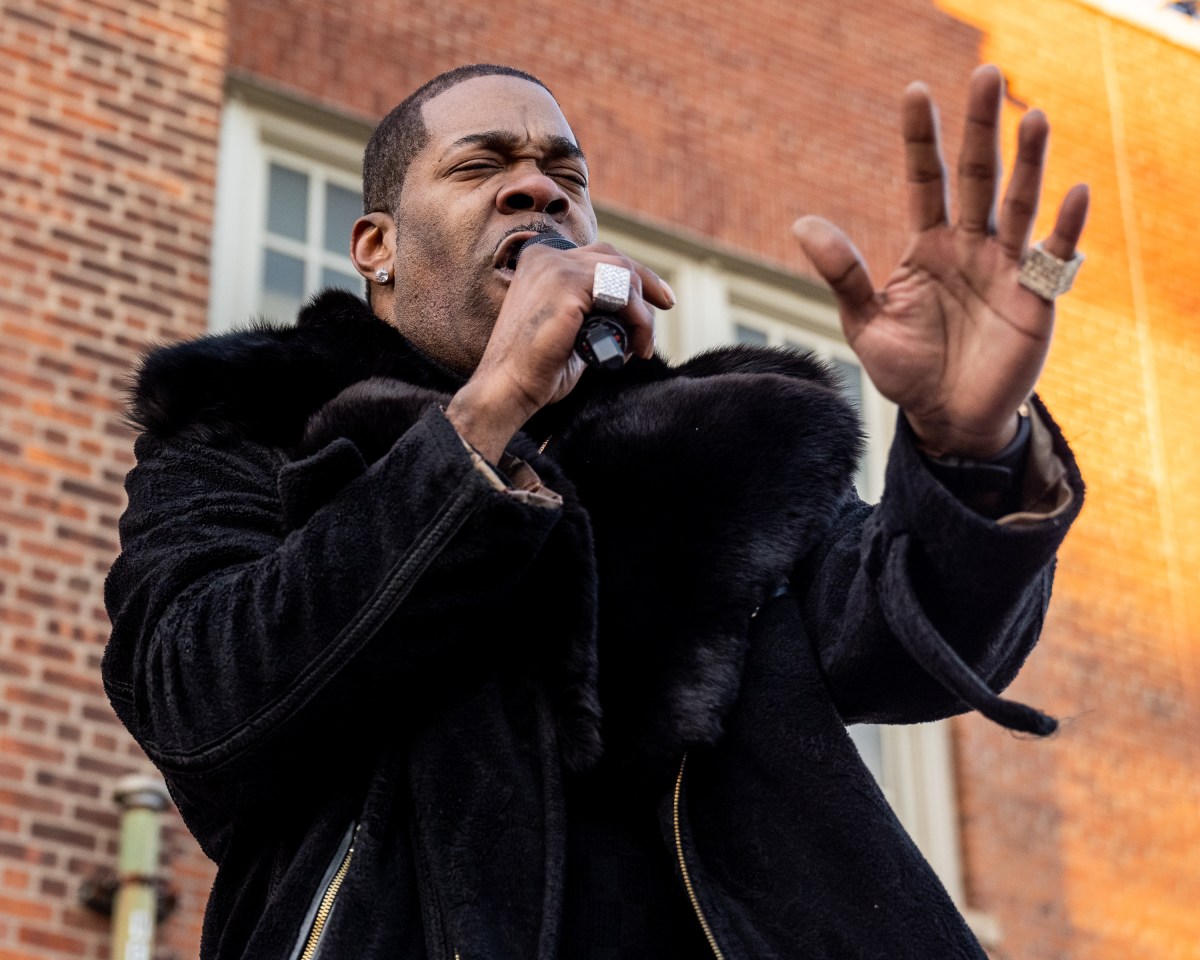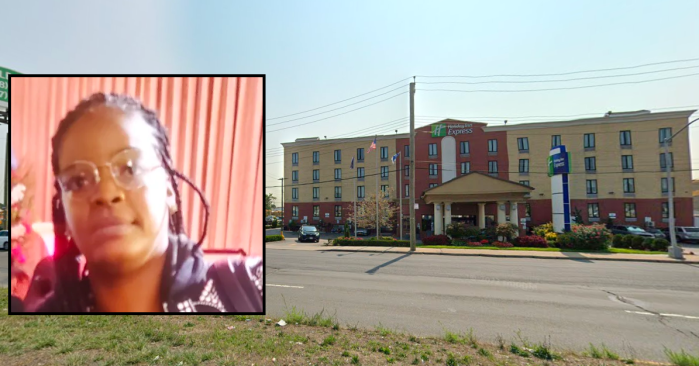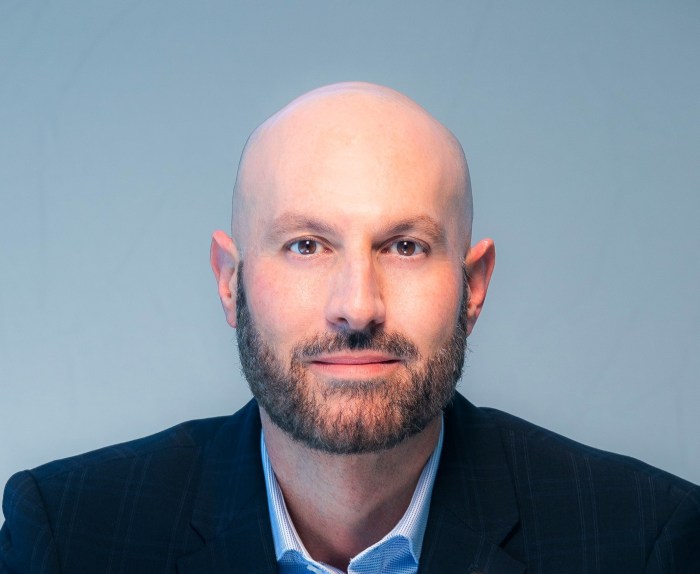Pedestrians are getting high-tech help to safely move around congested city sidewalks and streets that can keep them from yelling out, “Hey, I’m walking here!”
Eight teams out of 45 who created apps to bolster safety among street users have won a competition called the Connected Intersections Challenge, from AT&T.
Armed with a variety of technologies from Bluetooth to GPS, the apps warn distracted people they are about to walk into traffic, keep drivers from nodding off and alert them to other road users nearby, and reward safe motorists.
“We believe could really stem the tide of accidents and deaths associated with the convergence of drivers and pedestrians and cyclists,” AT&T New York President Marissa Shorenstein said.
Judges for the competition included Shorenstein, city Department of Transportation’s Kim Wiley-Schwartz and Mitchell Moss of the NYU Rudin Center for Transportation. Prizes ranged from $2,500 to $10,000.
Two winning teams created apps to tackle the ubiquity of people whose eyes are glued to their phones.
Grand-prize winner Tug, from a team at Cornell Tech, would use Bluetooth technology to receive signals sent from traffic lights to warn people if oncoming traffic is flowing or let them know if they have the right of way. Of course, crosswalk signals are not as technologically advanced as that right now-the app is in the proof of concept phase.
“When we started this competition, what we did for the first two days was just observe pedestrians,” said Rohit Jain. “We noticed how many people don’t even bother to look up.”
Meanwhile, the app Look Up uses GPS technology and Google maps to give people a heads up that they’re about to walk onto the street.
“At the root of all of it, it really is the only problem, right? That people are just not looking around,” said Shubham Jain, who attends Rutgers University’s engineering graduate program.
Another developer’s winning creation wants to get companies involved with safe driving by offering rewards. Tudor Cobalas of Bucharest, Romania, said his SafeDrive app will give motorists points for safety, like driving without texting. He said two Romanian companies — a network of gas stations and an e-retailer — are participating.
“We’re a platform for drivers to certify their responsibility and for companies to acknowledge that and to promote their products towards this user category,” he said.
Shorenstein, of AT&T, said the apps can change habits regarding smartphone use to decrease accidents from pedestrians or drivers not paying full attention.
“I don’t think that this replaces people’s street smarts,” she said. “But I think that it helps them a little bit just as a reminder that they’re not immune to what’s going on around them.”






